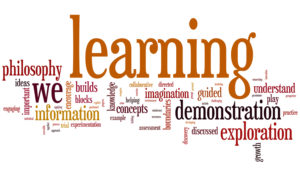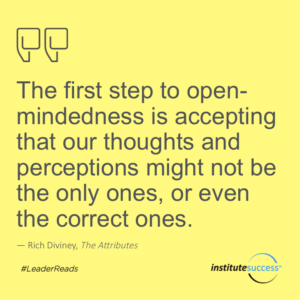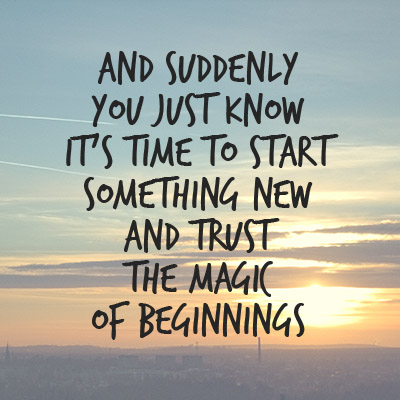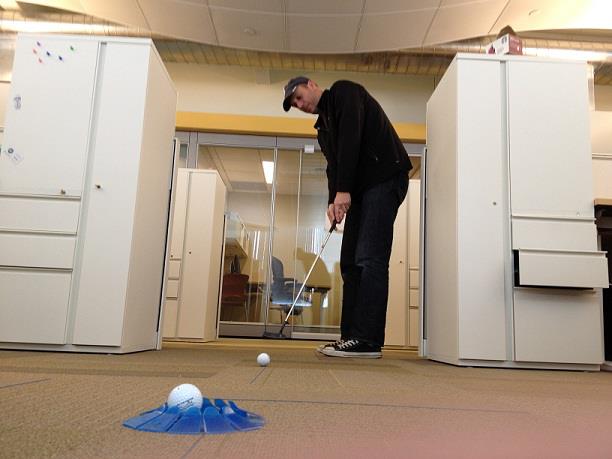 Every one of us owns a pool of knowledge. It’s the sum and total of everything we’ve learned to date. We probably know hundreds of thousands of….things. Not only things, but how these things interact. And what they mean to us.
Every one of us owns a pool of knowledge. It’s the sum and total of everything we’ve learned to date. We probably know hundreds of thousands of….things. Not only things, but how these things interact. And what they mean to us.
All this (things, interactions, and meaning) contributes to our Knower/Judger, that part of us that we rely on to function day-to-day.
Now let’s consider how we “learn” something.
It could be something that our K/J has no previous understanding of…a subject with which the K/J has no experience. In this case, I can see the “pool of knowledge” has to expand to accommodate truly new information.
Let’s say I want to learn how to play rugby. Not sure I would actually want to do that, but it could happen. What do I have to do? Devote time….probably lots of time to practice what coaches want me to do. I will read and internalize the rules so they become part of my expanded K/J. Some of this input will be truly new data and some might require me to adjust what I know about similar activities (perhaps I played soccer and I will want to be careful not to mix the rules in my K/J, or I must handle the oddly shaped ball differently).
The chances that I actually become a competent rugby player will depend on how much I want to play rugby. Specifically, whether I’m willing to spend a LOT of time practicing the physical skills and input the rules (and the unwritten rules my fellow rugby players share with me that I may or may not have ingested), or not. The harder part will be how I modify some of my K/J to accept a different interpretation of how to handle a ball during field sports than the one(s) I already know. IF I can do all that, I might be able to play rugby. Learning is tough. And I would posit the higher the level of aspiration to learn something, the more likely I am to set aside K/J knowledge to make room for different interpretations.
Here’s where the K/J and the Learner/Researcher indicate they don’t exist simultaneously. In practice, they can actually be competitive. When I am in my L/R, I will come across “things” (facts, processes, interactions) that my K/J knows. If what my L/R is taking in matches my K/J understanding, then there’s no conflict. And there’s no learning either.
It’s when the information coming in doesn’t match what I already “know”, and I decide to set the K/J version aside, respecting the new information, that I’ve reset my understanding, and, in essence, re-written my K/J understanding. NOW I’m learning.
How often do we set aside our understanding of situations to be open to new interpretations? I’d say, not very often….unless we REALLY, REALLY, REALLY WANT to! If I don’t, then I’m solidly in my K/J and cannot LEARN anything. No learning takes place when I already KNOW.
So why would I set aside my K/J knowledge to allow new information in? I believe it’s because I’ve identified something about how my K/J organizes, rules and defends my life that isn’t working for me. I want something that my current knowledge isn’t supporting.
Barring that frame of mind, sadly, I usually won’t.
In today’s information rich environment, new data bombards us all the time. Hardly any of it “changes our minds”. Frankly, we usually don’t want our minds changed. We are, for the most part, creatures satisfied with our own interpretations, ignoring information that challenges our beliefs. That’s the very definition of “confirmation bias”. I love what matches my K/J understanding. I don’t like what doesn’t. No reason to change.
Looking to change something in your life? REALLY, REALLY, REALLY want to?




